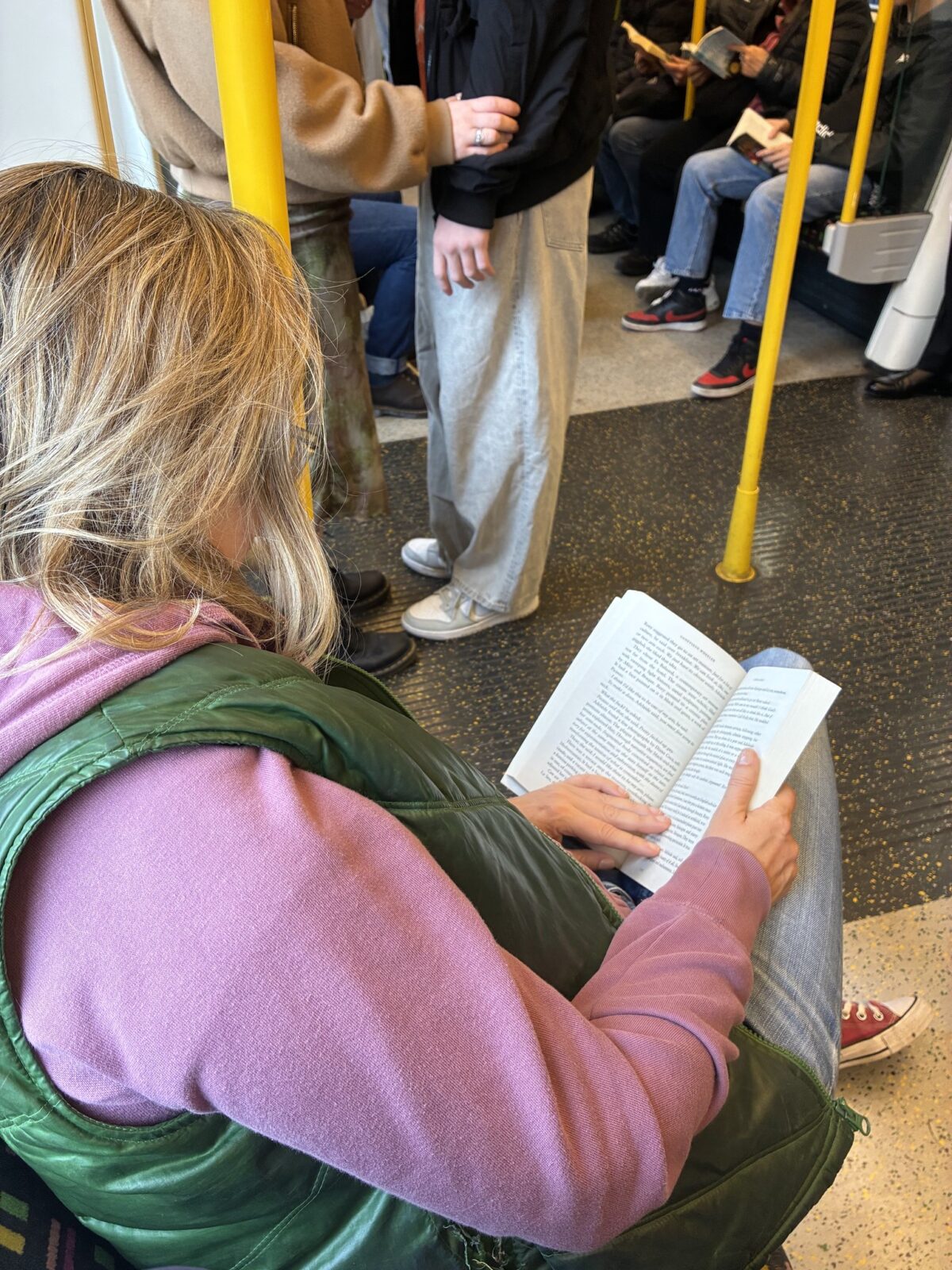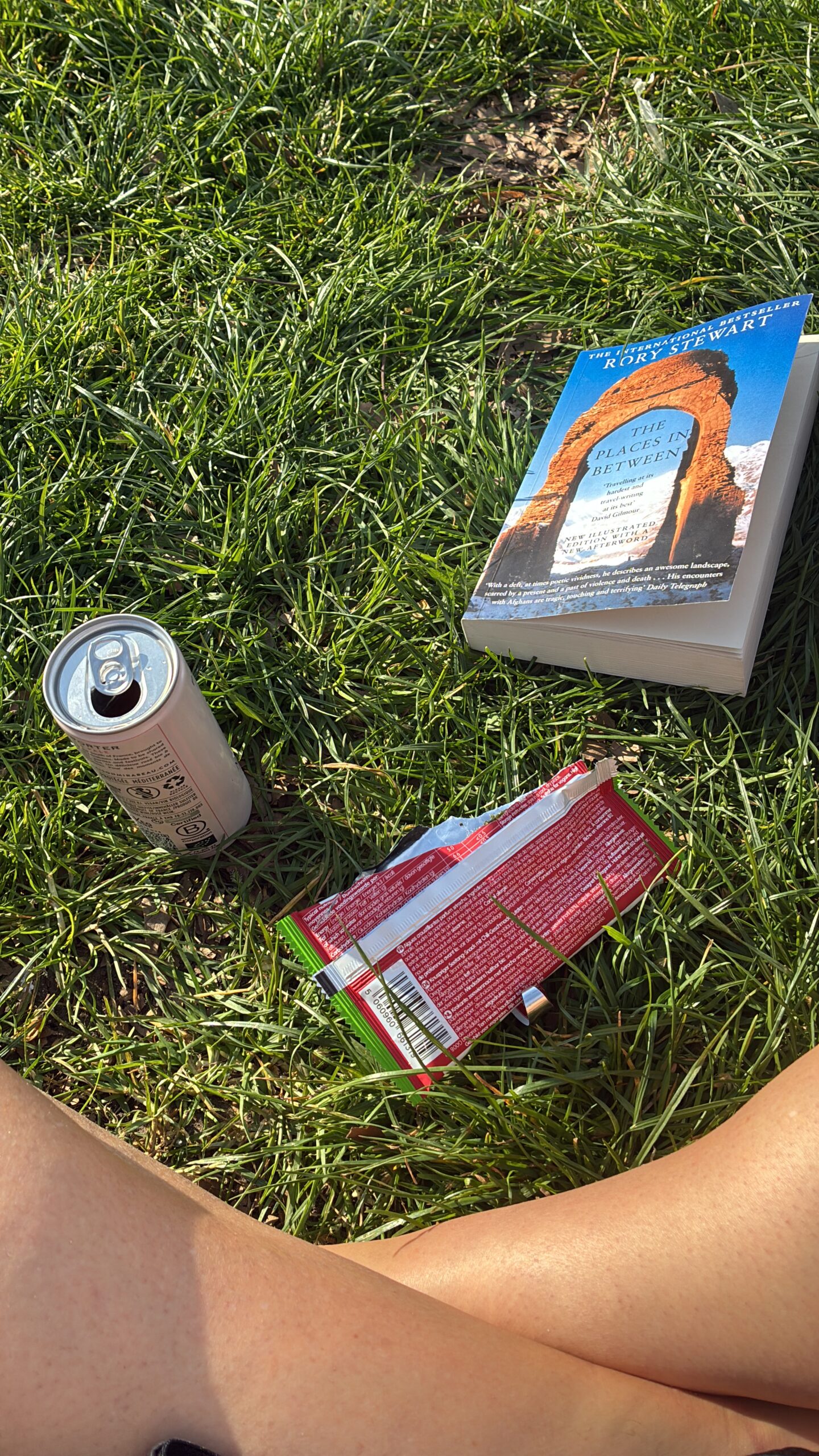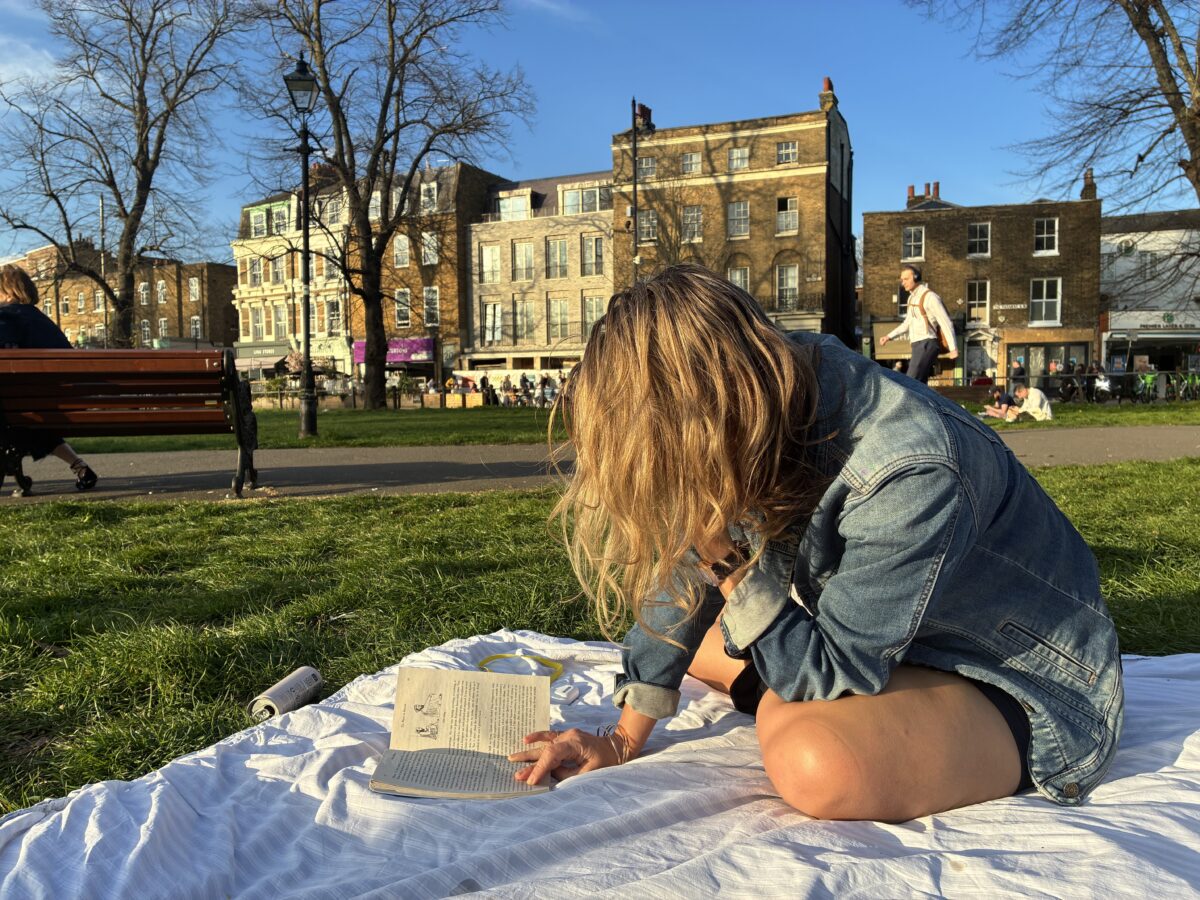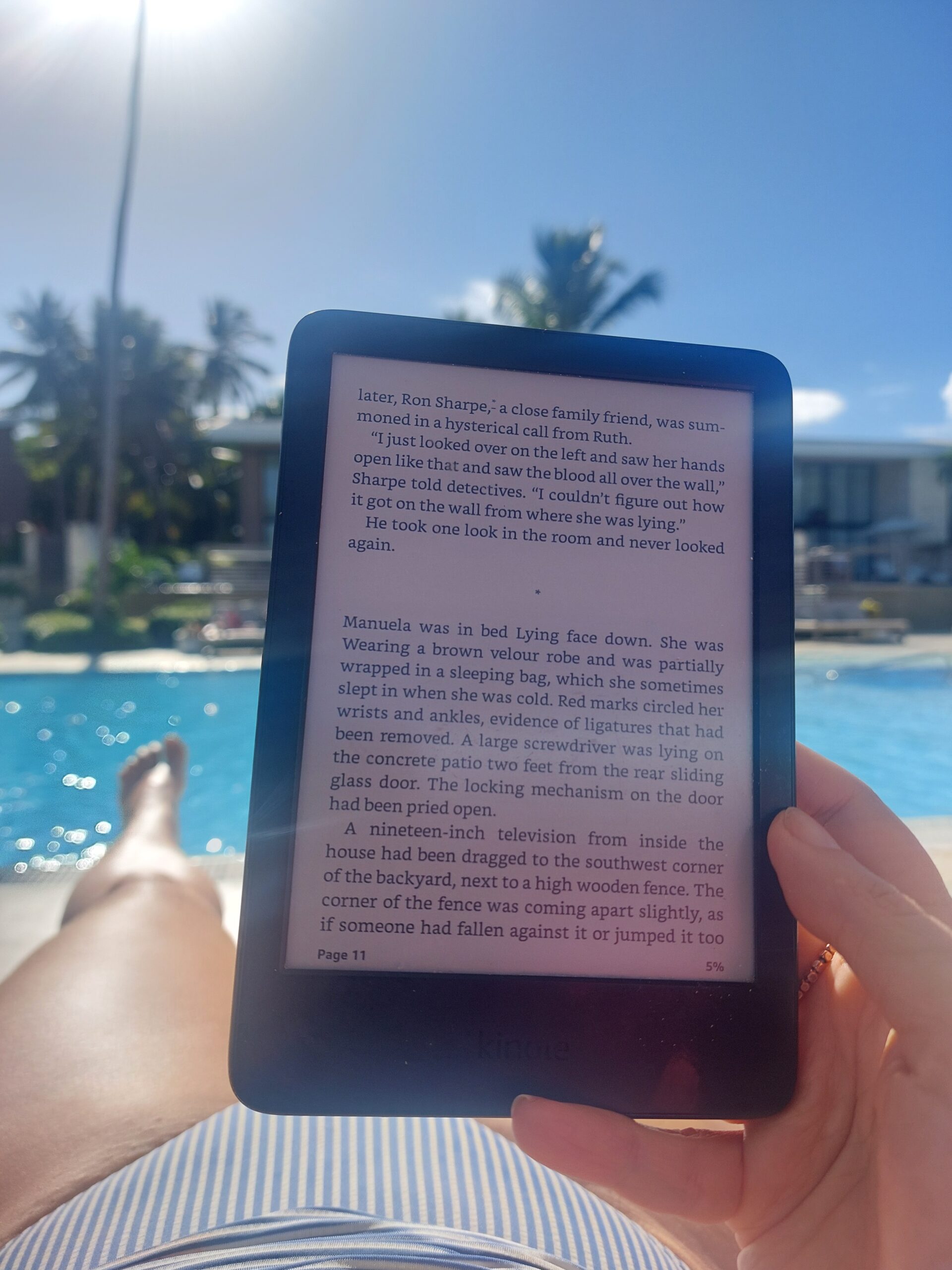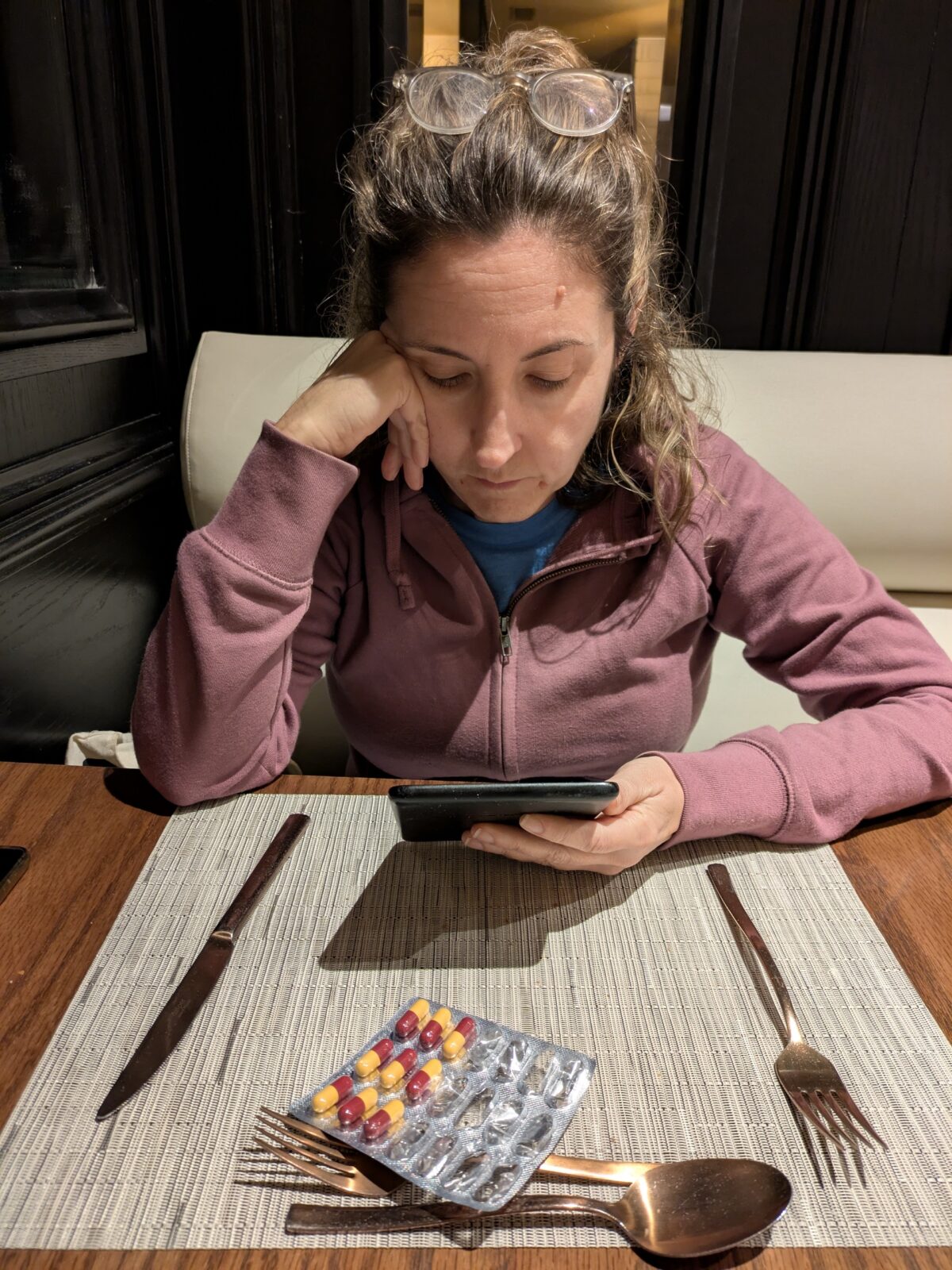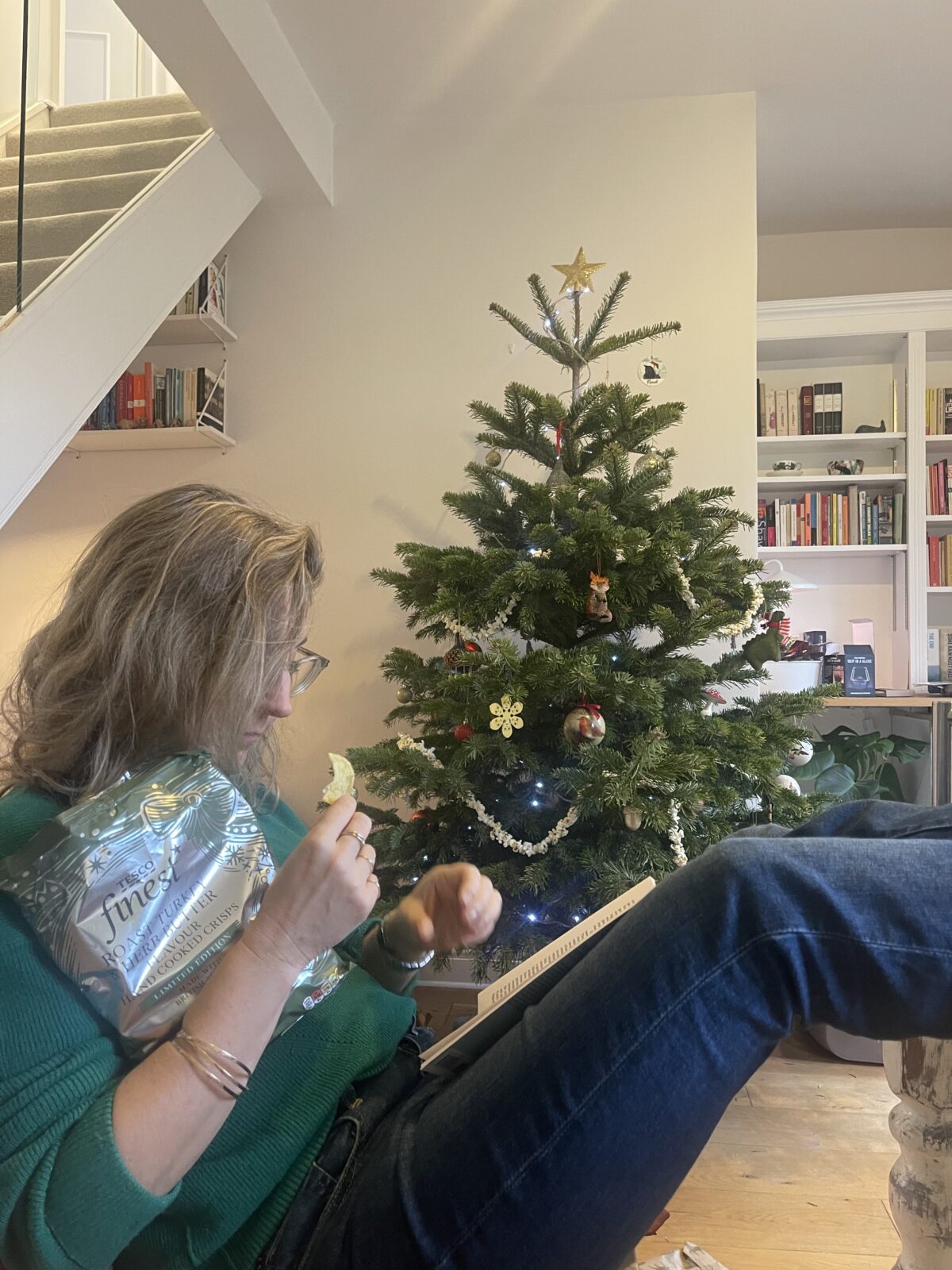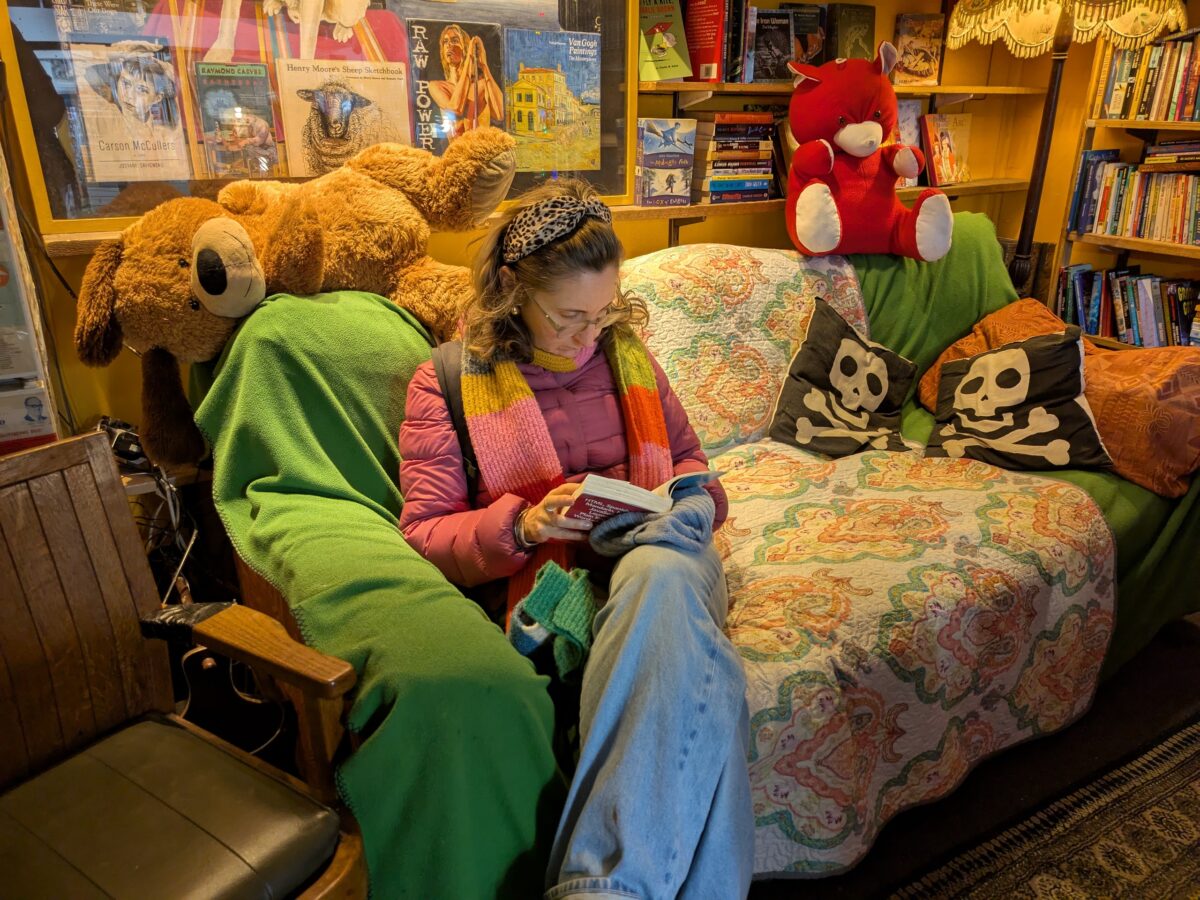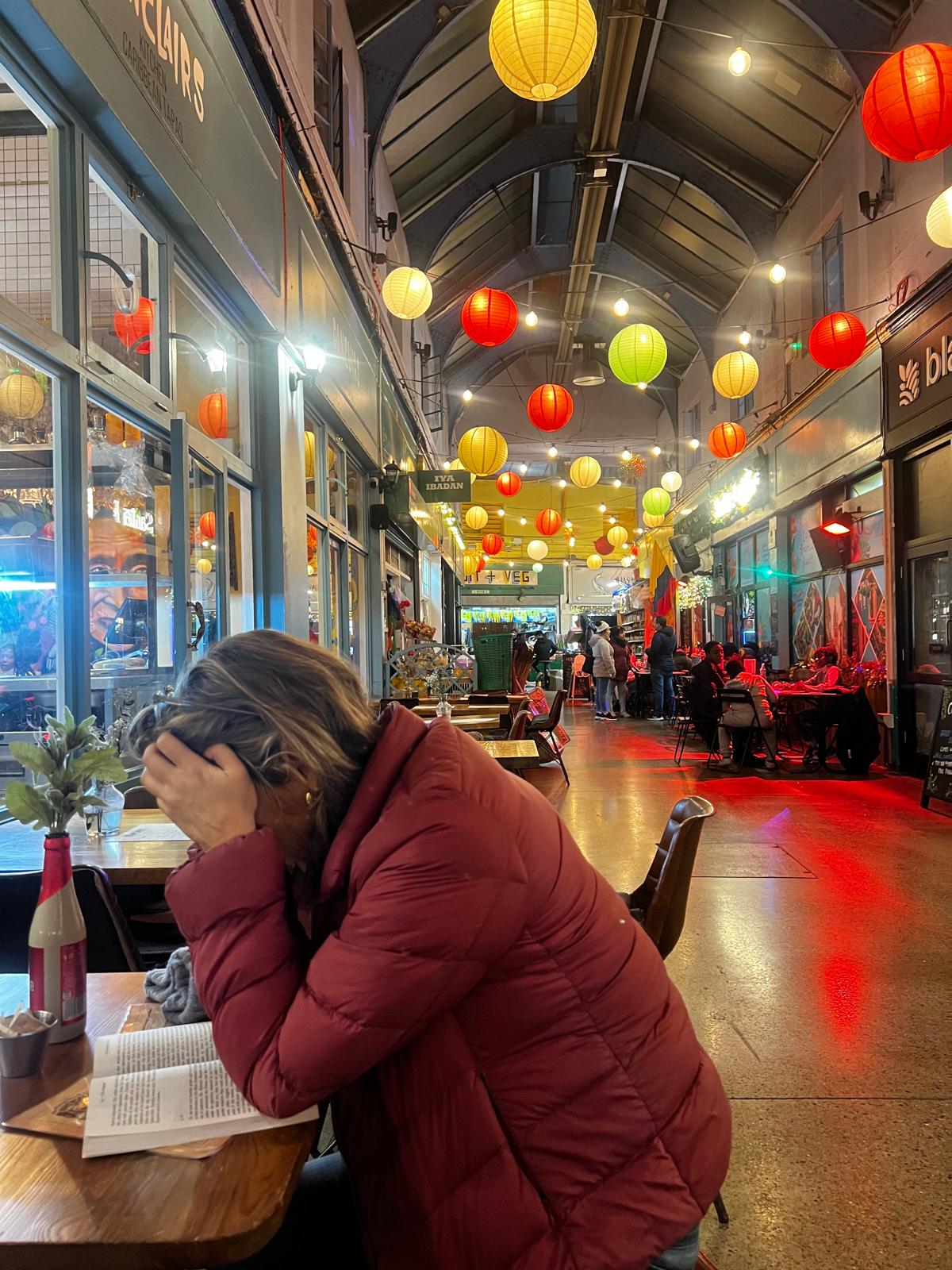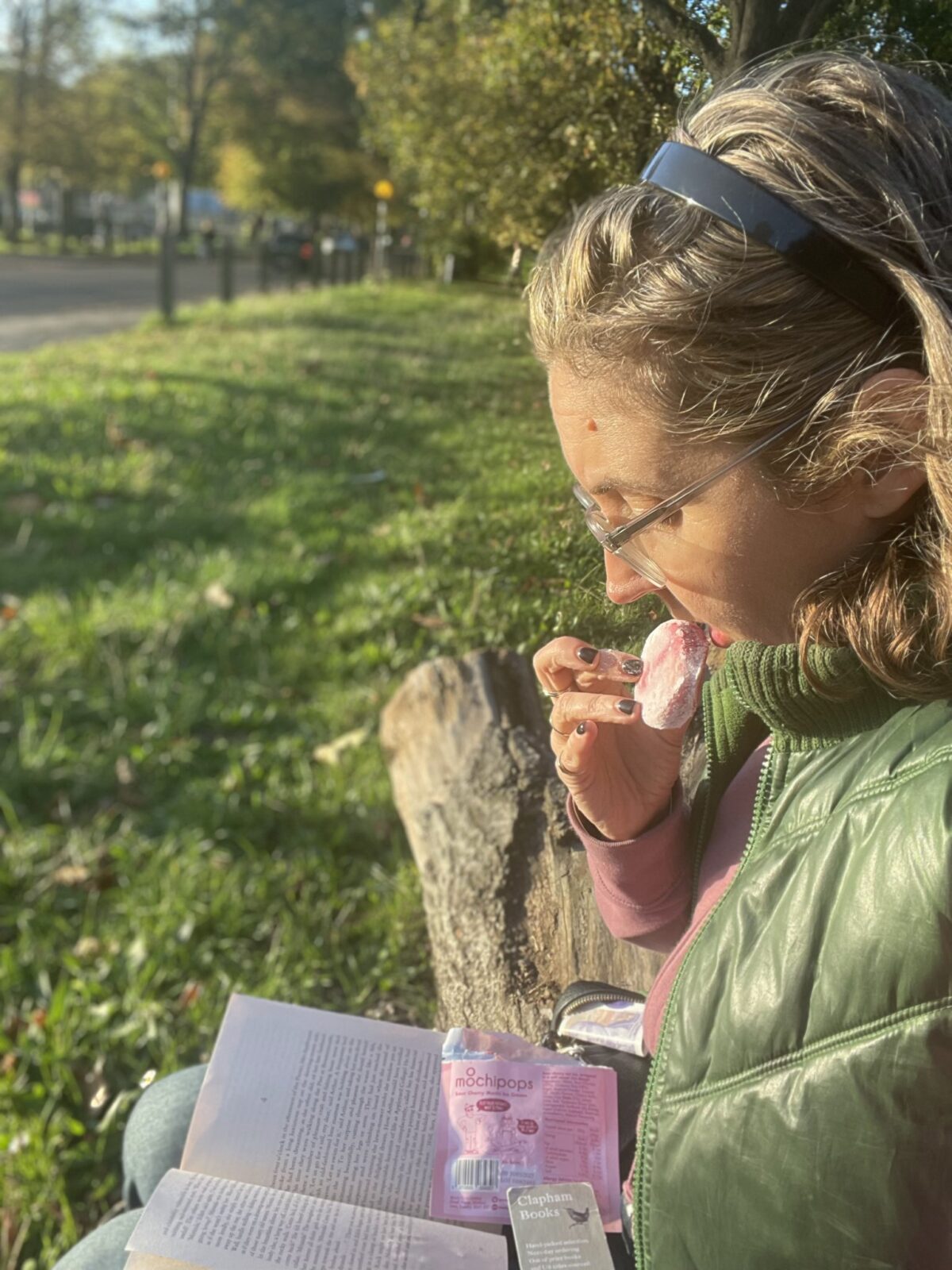In this book we see what happens when you date someone who’s not that into you.
Adelaide is madly in love with her boyfriend Rory. He thinks she is okay. She puts in an incredible amount of time and effort for him, and he enjoys it. To be fair, he does not lie to her. When she tells him she loves him, he explicitly tells her he doesn’t love her back. And yet somehow she just cannot let him go. I get it. It’s sad. She’s drinking too much, working too hard, and not eating enough, and SPOILER ALERT it all goes pretty badly wrong.
One thing I really enjoyed was that this book was set very precisely in recent years in London. The main character and I have been to the same plays, same exhibits, same restaurants. That was kind of eerie and I enjoyed it.

